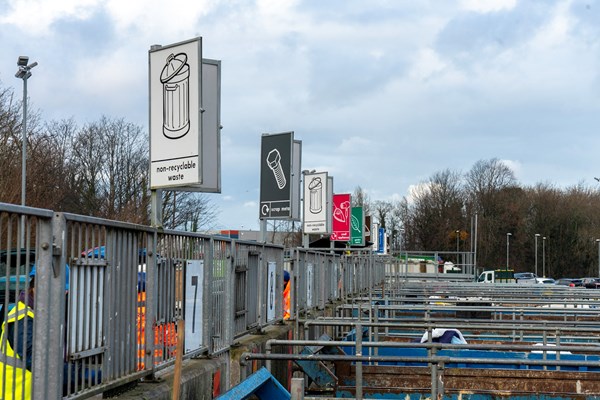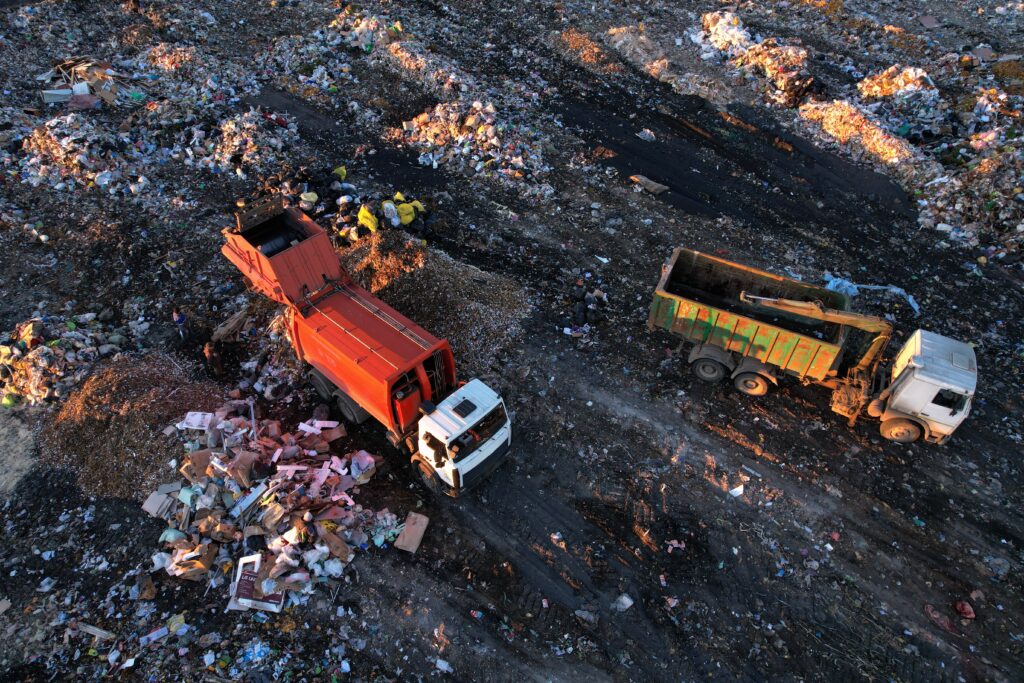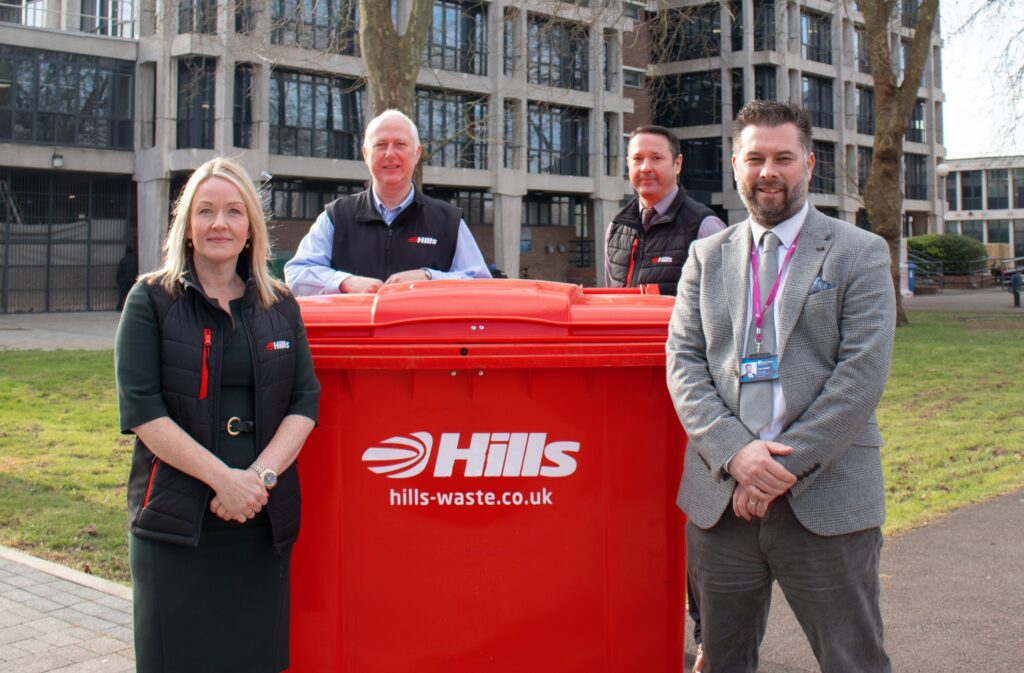At a parliamentary debate yesterday (6 February) chaired by Ian Paisley of the Democratic Unionist Party, discussions about what councils could do about the increase of fly-tipping seen across the country were raised.
During these discussions Mr Moore MP of Keighley said it was “disappointing that some councils want to close their household waste and recycling centres” and urged them to look at the consequences.
Councils have been forced to make huge budget cuts, and reducing the number of HWRCs they run is one of the ways being looked at. Most recently, Hampshire consulted on plans which could see up to 12 of its sites closed (see letsrecycle.com story), with several other authorities considering similar moves.
HWRC’s
In parliament, Mr Moore highlighted that even in his own consistency of Keighley, Bradford council wanted to close a HWRC located in Ilkley and another one in Worth Valley. This is a move that he has been campaigning against heavily having launched his own petition to save the centres at the start of January.
Sarah Dyke MP for Somerset and Frome argued that councils were closing HWRC’s due to the lack of funding.
She said: “We know in Somerset—a very rural area—how important those household waste and recycling centres are. Closing them is the last thing the council would like to do, but it needs the funds to keep them open and ensure we prevent fly-tipping in the beautiful area we live in.
“I urge the Minister to consider giving councils more funding to ensure that we can keep those household waste and recycling centres open and avoid any detriment for our countryside.
Mr Moore responded: “Councils need to look at the negative implications associated with the financial cost of increased fly-tipping as a result of closing household waste and recycling centres. That will be a cost to the taxpayer that local authorities should pick up.
“Closing household waste and recycling centres should be an absolute last resort, and it is frustrating to see that option being explored, particularly in my own area.”
Prevention
Elsewhere in the discussion when looking at methods that councils could employ to prevent fly-tipping he suggested councils should look to adding CCTV cameras to hotspot areas pointed towards Durham County council as a success, highlighting that the council had reduced fly-tipping by over 60% in places where CCTV was installed.
The environment minister states another way to discourage fly-tipping is for local authorities to increase the number of prosecutions for fly tipping.
He said: “The first step of deterrence must be to ensure that local authorities use the powers awarded to them.”
Mr Moore added: “I am pleased to see that some councils such as Buckinghamshire Council and West Northamptonshire Council have begun to adopt those higher rates, showing that those crimes are being taken seriously in those areas.
“We want councils to make greater use of the income they receive from those penalties. From 1 April, that income will be ringfenced in law, to improve and expand enforcement capability, and clean up mess from fly-tippers. Local authorities will be able to ringfence for those offences if they wish.”









Subscribe for free